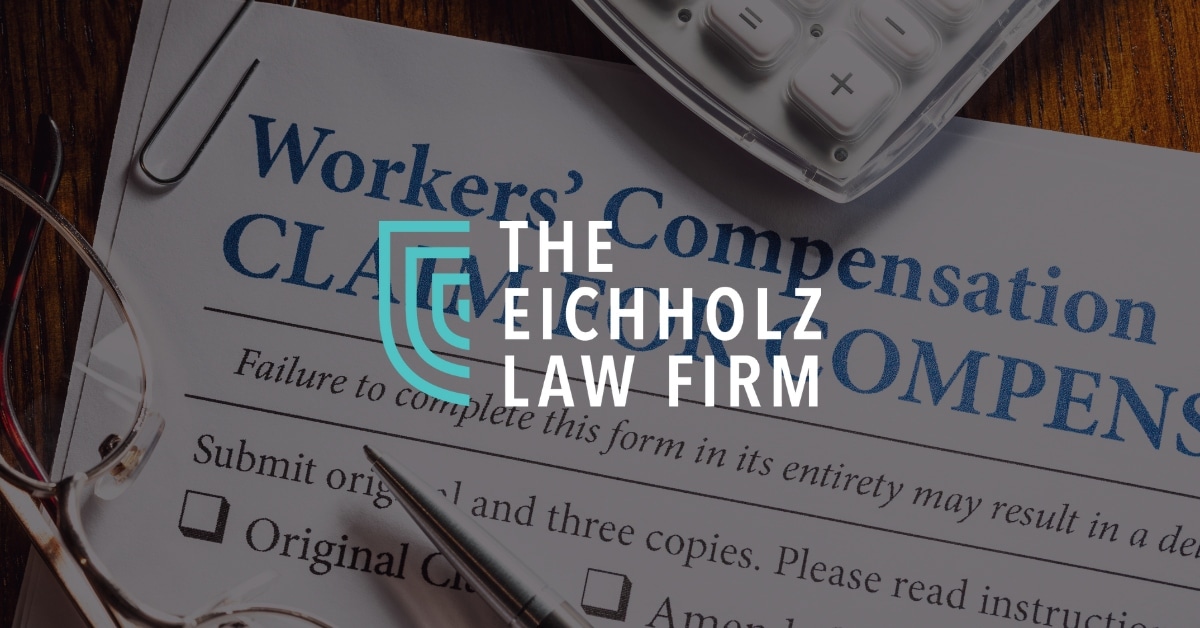If you encounter an injury while carrying out a task from an employer, there are legal provisions that should cover your search for treatment. It can be putting in a claim for payment under the policy held by an employer from an insurer. An experienced employee payment attorney will make sure your claim is valid, help you if it is not, and, if need be, handle an appeal.
What is Workers Compensation?
Workers’ compensation for personal injuries is designed to help protect employees injured at work. If you are injured on the job, paychecks can be delayed while you lick your wounds and find a new job, without fear of losing your benefits because of a bad injury settlement. The statutory system known as workers’ compensation helps injured workers access benefits significantly reduced in most cases than those under ordinary law. Although most employers are dedicated to providing safe working conditions, many workers being hurt are not the employee’s fault. These types of injuries typically occur due to other employees’ actions (negligence). If necessary, you can seek further medical treatment, and limiting work restrictions after an injury can make all the difference.
Some of the benefits that worker’s compensation offers employees include:
- Treatment costs- Medical expenses workers’ insurance helps cover costs of medical bills following an injury or illness even if the employee does not have health insurance. It can also provide coverage for expenses related to diseases, including hospital, doctor and surgical bills, and prescriptions.
- Skipped Wages- Missing work can be stressful. Workers’ compensation helps ensure employees are paid when they need to take time off.
- Treatment in Process- Employers may be required to chip in for work-related injuries that result in ongoing doctor’s bills and treatment. Workers’ compensation insurance is designed to cover these costs.
- Burial Costs- Employees in the United States have a right to continue working until they have reached the average retirement age. In the unfortunate event of a severe work-related accident that causes significant physical damage, occupational disease, or death, employees will receive workers’ compensation benefits and have access to state agency assistance during the process. When an employee loses their life, this assistance can provide financial support for their survivors.
- Disability Cost- Workers’ compensation coverage provides disability income and benefits for most workplace injuries. Although disability income is only one component of workers’ compensation, it is a significant unsecured benefit to help employees meet their financial needs. It provides a wide range of products to cover every aspect of working, including temporary disability income, long-term disability income, and funeral benefits for survivors.
- Repetitive injury- A repetitive injury is an instance of repeated minor injuries at work—not a single traumatic event. Such claims are referred to as “cumulative trauma injuries” in workers’ compensation terminology. Cumulative trauma injuries can accelerate the deterioration of anatomical structures long before the body receives any additional physical trauma. Most commonly, these conditions are found among workers who spend long hours at a computer keyboard or who type for long periods each day at their job. These repetitive injuries cause strain on the carpal ligaments.
What is the Compensation Act For Workers In Georgia?
The Compensation Act is a state law that provides financial support and medical care to people who are seriously injured while working on the job. Under the act, the employee has the following rights:
- Replacement of lost income
- Treatment by the qualified medical auctioneer to help them get back to work
- Access to not less than six doctors from the employer, including an orthopedic surgeon
- A change of doctors without requiring the employer’s onion
- Access to a doctor not from the employer during emergencies and a return to the doctors provided by the employer after a crisis, albeit temporarily
- Payment of all bills that are incurred in the process of seeking treatment and therapy
- Weekly payment of benefits if the employee has been out for more than a week
- Payment of salary benefits if the injury leads to the worker missing at least twenty-one consecutive working days
- A two-thirds share of wages weekly check to the employee but not exceeding $675 weekly if the employee cannot return to work up to a period of 400weeks.
- A weekly payment of $450 up to 350 weeks if the worker can return to work but not to the previous level of work or pay
- In case of death, the dependents receive $7500 in burial costs, and two-thirds of weekly wages amounts not exceeding $675 weekly
- Charge the insurer for late payments, which are to be added to the disability check
In accordance with the act, the employee has several responsibilities that they should meet and some include:
- Adhering to safety procedures from the employer
- Informing the employer of any injury within 30 days
- Following all treatment procedures from the physician
- Informing the insurer and the employer in case the employee moves
- Trying to carry out work when the physician authorizes them to return to work
- Completing the worker’s compensation form within a year of injury
- Providing claims for treatment expenses and mileage within a year of incurring them
- Engaging in a drug test when required
Benefits Received By Injured Workers
The amount of Georgia workers’ compensation weekly income benefits to which you are entitled will depend on the type of injury or disease you suffer. For example, the maximum Temporary Total Disability weekly payment would be 100% of your average weekly wage (avg. weekly wage) when you first become disabled up to 6 months; 70% of your weekly average wage after that. The maximum TPD and PPD payments would be 100% of your weekly average wage continuously for the term of disability (to a maximum of 40 weeks) or 120%. These types of weekly payments are not taxed.
How to File a Claim
You can file for compensation from your employer by completing a WC-14 form. This form gives you information about filing for benefits with your employer and state claims administrator. The WC-14 form asks for dates of your injury and the name of any doctor(s) that treated you, as well as a notice of claim letter from your doctor addressing specific issues and diagnoses related to your injury. If your injury took place because of the negligence of a third party, you might be able to file a claim with SBWC for medical and rehabilitation benefits. Your claim should be within six months of the date you first reported the injury but before returning to work or whole duty. The law allows you to receive benefits while in school or attend a vocational training program to help you learn a career skill. If your claim is denied, you can ask for a sitting from the State Board of Workers’ Compensation no later than six months after the date on which your claim is filed.
Contacting An Attorney
A good workers’ compensation attorney can make all the difference in the strength of your claim. You may be eligible for disability benefits or temporary total disability, but your case could be dropped as a potential liability for your employer if you are denied. Some employers then seek ways to reduce employees’ pay, and you must have an experienced tort attorney on your side in this regard. Contact The Eichholz Law Firm for a free consultation today.

